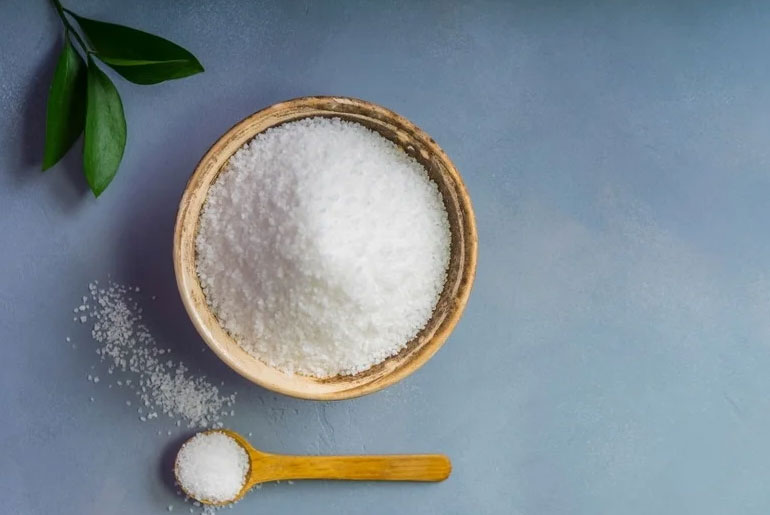The World Health Organization (WHO) has highlighted the significant impact of excessive salt consumption, attributing approximately 1.89 million annual deaths to related complications such as elevated blood pressure and increased heart issues. The recommended maximum daily salt intake is generally set at 2,300 milligrams, equivalent to about one teaspoon. However, certain populations, including those with hypertension, diabetes, or kidney disease, may benefit from an even lower intake of around 1,500 milligrams.
Excessive salt consumption contributes to high blood pressure by promoting water retention, placing strain on the cardiovascular system, and affecting blood vessel function. This heightened pressure on arterial walls can lead to cardiovascular complications over time. Additionally, high salt intake is linked to kidney dysfunction, exacerbating conditions like chronic kidney disease.
The global health concern associated with excessive salt intake underscores the importance of adhering to recommended daily limits. Managing salt consumption is crucial in preventing the development and progression of various health issues, particularly those related to cardiovascular and kidney health. Public awareness and individual efforts to reduce salt intake are essential steps toward improving overall health and preventing associated complications.
Here are some practical tips on how to limit your salt intake:
1. Read Food Labels:
Be mindful of the sodium content in packaged and processed foods by checking the nutrition labels. Choose products with lower sodium levels.
2. Choose Fresh, Whole Foods:
Opt for fresh fruits, vegetables, and unprocessed meats. These foods are naturally lower in sodium compared to processed alternatives.
3. Cook at Home:
When you cook at home, you have control over the ingredients. Use fresh herbs, spices, and other flavorings to enhance the taste of your dishes without relying on salt.
4. Use Herbs and Spices:
Experiment with herbs, spices, garlic, ginger, lemon, and other flavorings to add taste to your meals. This not only enhances the flavor but also reduces the need for salt.
5. Limit Restaurant and Takeout Food:
Restaurant and takeout meals often contain higher levels of salt. Try to limit your consumption of these foods, and when possible, ask for sauces and dressings on the side.
6. Rinse Canned Foods:
If you use canned foods like beans or vegetables, rinse them thoroughly under running water to remove excess salt.
7. Be Cautious with Condiments:
Many condiments, sauces, and dressings are high in sodium. Use them sparingly, or try making your own with reduced salt content.
8. Gradual Reduction:
If you’re used to a high-salt diet, consider reducing your salt intake gradually. Your taste buds will adjust over time.
9. Limit Processed Meats:
Processed meats, such as bacon, sausages, and deli meats, are often high in salt. Choose lean, unprocessed meats or alternative protein sources.
10. Stay Hydrated:
Drinking plenty of water can help flush excess sodium from your body and may reduce your cravings for salty foods.
11. Mindful Eating:
Pay attention to your body’s hunger and fullness cues. Sometimes, cravings for salty foods may be linked to emotions rather than actual hunger.
12. Choose Low-Sodium Alternatives:
Opt for low-sodium versions of products like broths, soups, and canned vegetables when available.
It’s important to note that salt is an essential nutrient, but moderation is key. If you have specific health concerns or conditions that require strict salt control, it’s advisable to consult with a healthcare professional or a registered dietitian for personalized guidance.
Disclaimer:
The information contained in this article is for educational and informational purposes only and is not intended as a health advice. We would ask you to consult a qualified professional or medical expert to gain additional knowledge before you choose to consume any product or perform any exercise.






